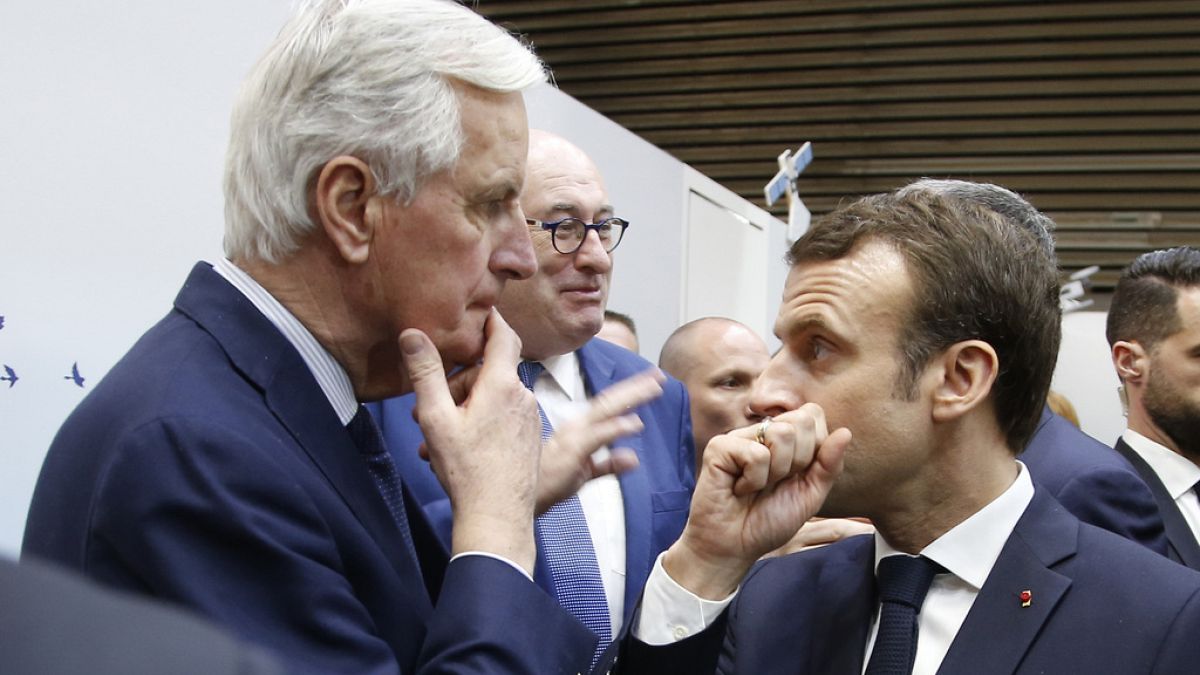In his first interview since being appointed as the Prime Minister, Michel Barnier expressed his intentions to improve pension reform and control migratory flows while respecting the budgetary framework. The newly appointed Prime Minister acknowledged the challenges ahead due to the divided National Assembly and the possibility of a vote of no confidence from the left-wing New Popular Front. Barnier emphasized that his new government will not be solely right-wing and is open to including outgoing ministers and appointing ministers from different backgrounds in his cabinet.
To promote conciliation, Barnier announced his plans to reopen the debate on pension reform, emphasizing that while the existing law will remain, he intends to engage with civil society, MPs, and senators to discuss improvements. He also highlighted the importance of respecting the budgetary framework to avoid increasing the country’s debt or deficit, which currently stands at 5.6% of GDP, above the European Union’s recommended 3%. In response to opposition concerns, Barnier expressed support for greater tax justice and indicated a willingness to consider tax increases.
In his efforts to address the issue of migratory flows, Barnier promised “concrete measures” to better control immigration. While he did not mention a moratorium, he emphasized the need for a rigorous and humanist approach to the problem. Barnier also stressed the importance of listening to various perspectives and indicated a willingness to implement ideas from different political groups, including some from the far-right, signaling a pragmatic approach to governance.
Regarding a potential reform of the electoral law to introduce a proportional share, Barnier stated that he had no red line and highlighted the need for discussions with all political groups to find a consensus. When asked about his relationship with President Emmanuel Macron, Barnier expressed respect for the presidential office but reaffirmed the importance of the government’s role in governing. He emphasized the need for a clear division of responsibilities, with the President presiding and the government managing day-to-day operations.
Overall, Michel Barnier’s interview shed light on his plans for the future French government, emphasizing a balanced approach that respects existing laws while seeking improvements, listening to various perspectives, and addressing critical issues such as pension reform and migration. As he navigates the challenges of a divided National Assembly and opposition concerns, Barnier’s pragmatic stance and commitment to fiscal responsibility and social justice could shape the direction of his government’s policies in the coming months.

























